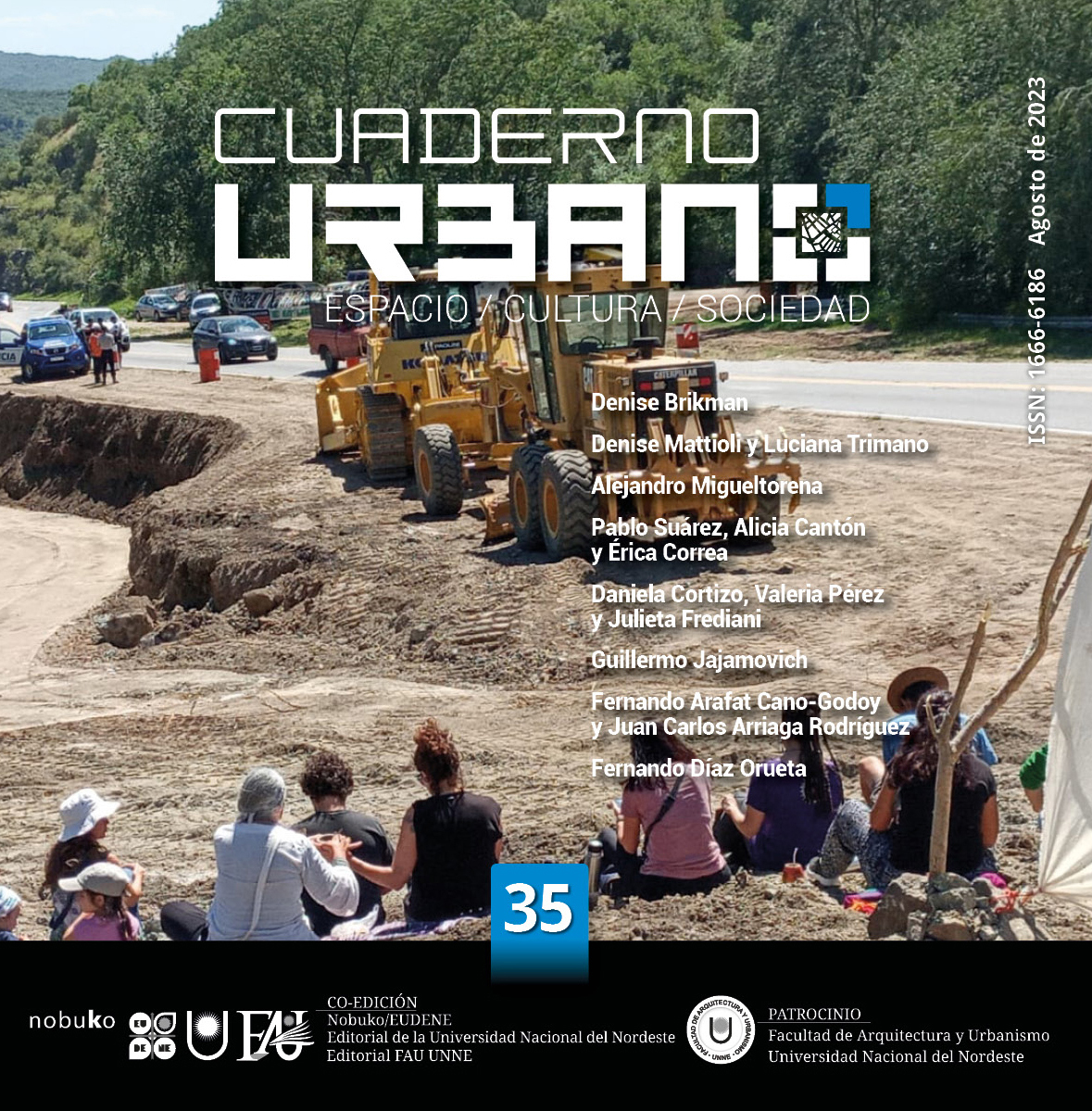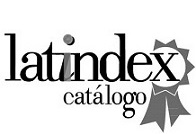Environmental degradation and socio-spatial segregation. The impacts of real estate extractivism in the mountain ranges of Córdoba (Argentina)
DOI:
https://doi.org/10.30972/crn.35356771Keywords:
Real estate extractivism, environmental degradation, socio-spatial segregation, non-metropolitan territoriesAbstract
The current research analyses the impact of “urbanising compulsion” in small towns of environmental and landscape qualities to address the territorial transformations that real estate speculation, in alliance with public policies, has been producing in these scenarios. These dynamics of socio-spatial production, crystallised in residential, commercial and tourist developments, have their origins approximately twenty years ago and in the context of the COVID-19 health crisis have become more acute. This situation gives rise to local concerns and agendas in relation to a series of socio-environmental problems that objectify a process described as "real estate extractivism". Based on two ethnographic cases located in the mountain ranges of Córdoba (Argentina), we investigate the processes of landscape-environmental degradation and socio-spatial segregation that this event generates in the territories.
Downloads
Downloads
Published
Issue
Section
License
CUADERNO URBANO sustains its commitment to the Open Access policies for scientific information, on account of the fact that both scientific publications and public funded research must circulate freely on the Internet and without restrictions.
CUADERNO URBANO ratifies the Open Access model in which the contents of scientific publications are available in full text free of charge on the Internet, without temporary embargoes, and whose editorial production costs are not transferred to the authors. This policy proposes breaking down the economic barriers that generate inequities both in access to information and in the publication of research results.





.jpg)








